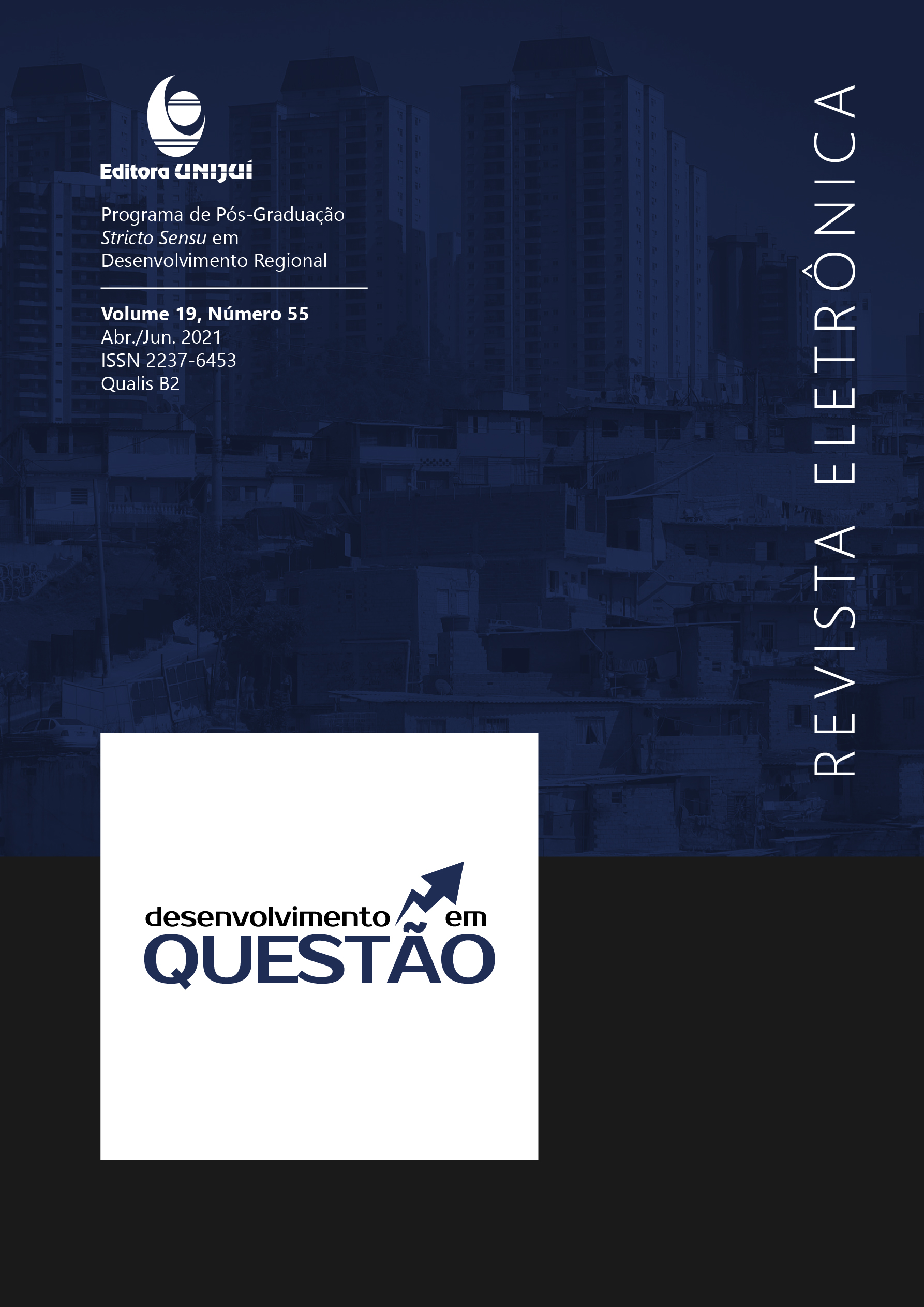THE INFLUENCE OF DETECTION, SEIZING AND RECONFIGURATION CAPACITIES ON THE DEVELOPMENT OF SUSTAINABLE DYNAMIC CAPABILITIES
THE INFLUENCE OF DETECTION, SEIZING AND RECONFIGURATION CAPACITIES ON THE DEVELOPMENT OF ORIENTED ON SUSTAINABILITY
DOI:
https://doi.org/10.21527/2237-6453.2021.55.11550Keywords:
Dynamic Capabilities. Sustainability. Routines. Processes. Resources.Abstract
The study sought to analyze the influence of the abilities to detect opportunities and threats (sensing), the ability to seize opportunities (seizing) and the ability to manage threats and transformations (reconfiguring) in the development of Sustainable Dynamic Capabilities in industries in the metropolitan region of Porto Alegre / LOL. Descriptive in nature, it was conducted through a survey of seventy-seven large industries, with quantitative analysis of the data through the modeling of structural equations. It can be concluded that the articulation of dynamic capabilities in line with sustainability concepts can assist companies in the development of sustainable dynamic capabilities. With relation to the theoretical implications, the article contributes to the advancement of studies related to dynamic capabilities and sustainability, given that studies that use the two concepts are still incipient. It is argued that if companies develop the ability to detect opportunities and threats, seize opportunities and manage threats and transformations oriented to sustainability, they will migrate to strategies and operations that will translate into not only economic, but also environmental and social viability. Therefore, developing sustainable dynamic capabilities is a path to corporate sustainability.
Downloads
Published
How to Cite
Issue
Section
License
By publishing in Revista Desenvolvimento em Questão, authors agree to the following terms:
All works are published under the Creative Commons Attribution 4.0 International License (CC BY 4.0), which allows:
Sharing — to copy and redistribute the material in any medium or format;
Adaptation — to remix, transform, and build upon the material for any purpose, even commercially.
These permissions are irrevocable, provided that the following terms are respected:
Attribution — authors must be properly credited, a link to the license must be provided, and any changes made must be indicated.
No additional restrictions — no legal or technological measures may be applied that legally restrict others from doing anything the license permits.
Notices:
The license does not apply to elements that are in the public domain or covered by legal exceptions.
The license does not grant all necessary rights for specific uses (e.g., image rights, privacy, or moral rights).
The journal is not responsible for the opinions expressed in the articles, which are the sole responsibility of the authors. The Editor, with the support of the Editorial Board, reserves the right to suggest or request modifications when necessary.
Only original scientific articles presenting research results of interest that have not been previously published or simultaneously submitted to another journal with the same purpose will be accepted.
Mentions of trademarks or specific products are intended solely for identification purposes and do not imply any promotional relationship by the authors or the journal.
License Agreement (for articles published from 2025 onward): Authors retain the copyright to their article and grant Revista Desenvolvimento em Questão the right of first publication.











